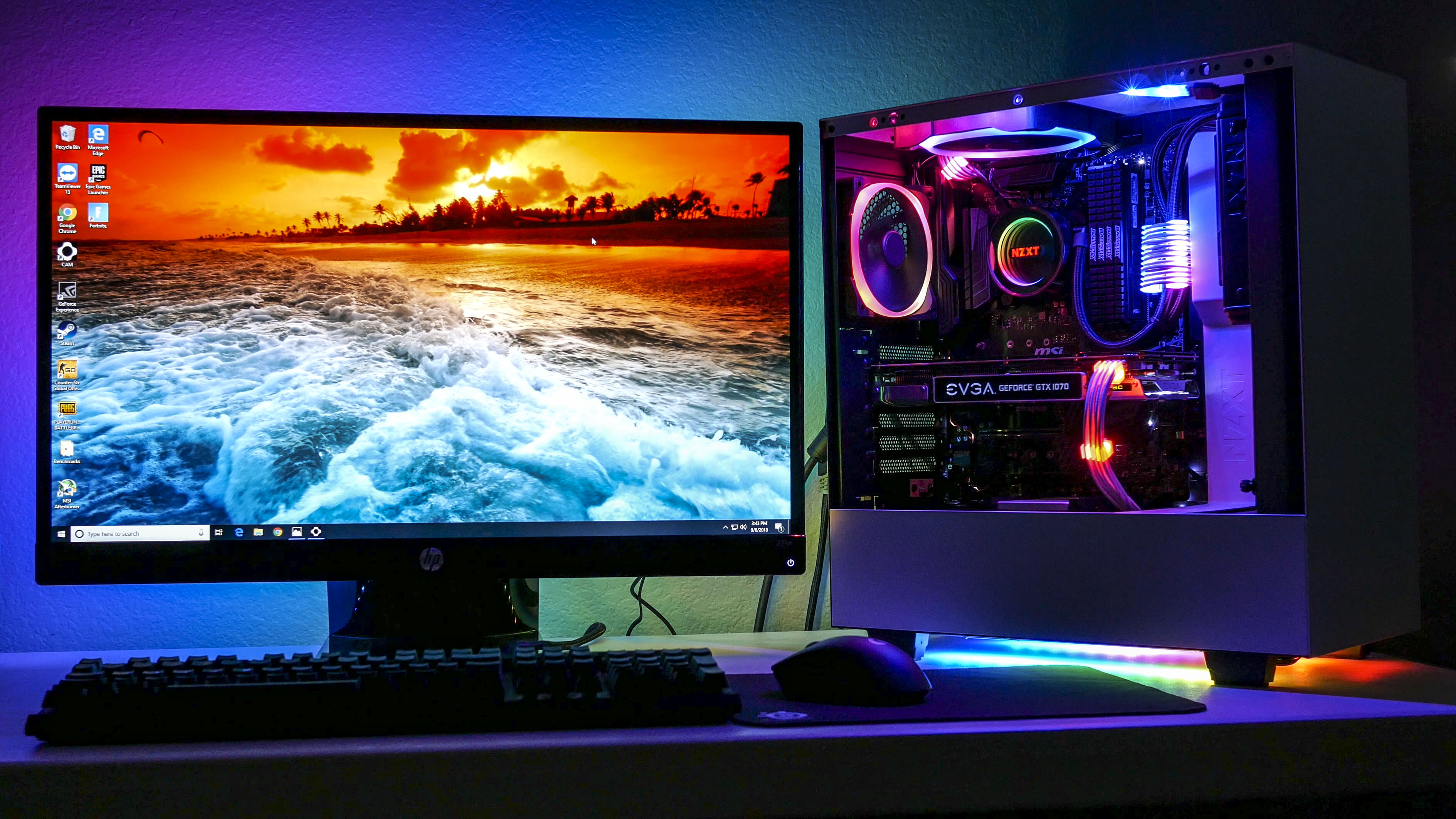Building a gaming PC is an exciting endeavor that offers a great deal of customization and personalization options. However, it’s not the only option. While building your own PC can be rewarding and allow for a tailored system to suit your specific needs, there are also some drawbacks to consider. On the other hand, buying a pre-built gaming PC can save time and potentially money, but it may not offer the same level of flexibility and performance customization. In this article, we’ll explore the pros and cons of building your own gaming PC versus buying a pre-built one, so you can make an informed decision on which route to take.
Pros of Building Your Own Gaming PC
Building your own gaming PC has many advantages. Firstly, you have complete control over the components you choose, giving you the flexibility to select the best parts that meet your specific needs. Additionally, building your own PC allows for more customization options and a better understanding of how the system works. This can be useful when it comes to upgrading or troubleshooting in the future.
Examples of Hardware for Building Your Own Gaming PC

When it comes to building your own gaming PC, there are many options to choose from. Some popular choices include:
Processor: Intel Core i9 or AMD Ryzen 9
Graphics Card: NVIDIA GeForce RTX 4080 or AMD Radeon RX 7900 XTX
Memory: 16GB or 32GB of DDR4 RAM
Storage: 1TB NVMe SSD or 2TB HDD
Motherboard: ASUS ROG Strix Z790-A Gaming for Intel 13th Gen or MSI MPG Z790 Carbon for AMD Current Gen.

These are just a few examples, and the choices ultimately depend on your budget and specific needs.
Pros of Buying Pre-Built Gaming PC
Buying a pre-built gaming PC can save time and potentially money compared to building your own. Pre-built systems often come with a warranty and technical support, making it easier to get help if anything goes wrong. Additionally, pre-built PCs are often optimized for maximum performance, making them ideal for those who want a hassle-free setup.

Examples of Pre-Built Gaming PCs
Some popular pre-built gaming PCs on the market include:
Alienware Aurora R14 – Over $2k
ASUS ROG Strix GT15 – Under $2k
CyberPowerPC Gamer Supreme Liquid Cool Gaming PC – Under $1500
HP Omen Obelisk – Under $1000
MSI Trident 3 10th – Under $800
These systems come with different configurations, so it’s important to do research and choose the one that best fits your needs.
Cons of Building Your Own Gaming PC
Building your own gaming PC requires a certain level of technical knowledge and expertise. Additionally, it can be time-consuming and may require research to ensure all components are compatible with one another. This can be a barrier for those who are new to PC building.
Examples of Technical Knowledge Needed

When building your own gaming PC, you may need to have an understanding of:
CPU socket types
RAM speeds and compatibility
Power supply wattage requirements
Motherboard form factors
Cooling solutions
These are just a few examples, and it’s important to do research and make sure you understand what you’re getting into before starting a build.
Cons of Buying Pre-Built Gaming PC
While buying a pre-built gaming PC may save time and money, it may also limit customization options. Pre-built systems often come with components that cannot be easily upgraded or replaced. Additionally, pre-built PCs may not offer the same level of performance as a custom-built PC.
Examples of Limited Customization Options
Some pre-built gaming PCs come with components that are not easily replaceable, such as:
Proprietary motherboards
Non-standard power supplies
Limited space for additional storage or cooling solutions
This can limit your ability to upgrade or modify your system in the future.
Conclusion
In conclusion, whether you decide to build your own gaming PC or buy a pre-built one, there are pros and cons to consider. Building your own PC allows for customization and potential cost savings, but requires more time, effort, and technical expertise. Buying a pre-built PC is more convenient and can come with warranties and customer support, but may be more expensive and have limited customization options.
Ultimately, the decision comes down to your personal preferences, budget, and technical expertise. Whichever option you choose, make sure to do your research and choose the hardware that fits your gaming needs and preferences. With the right hardware, you can enjoy an immersive gaming experience with smooth graphics, fast processing, and minimal lag.
